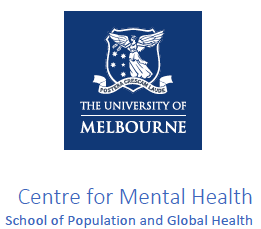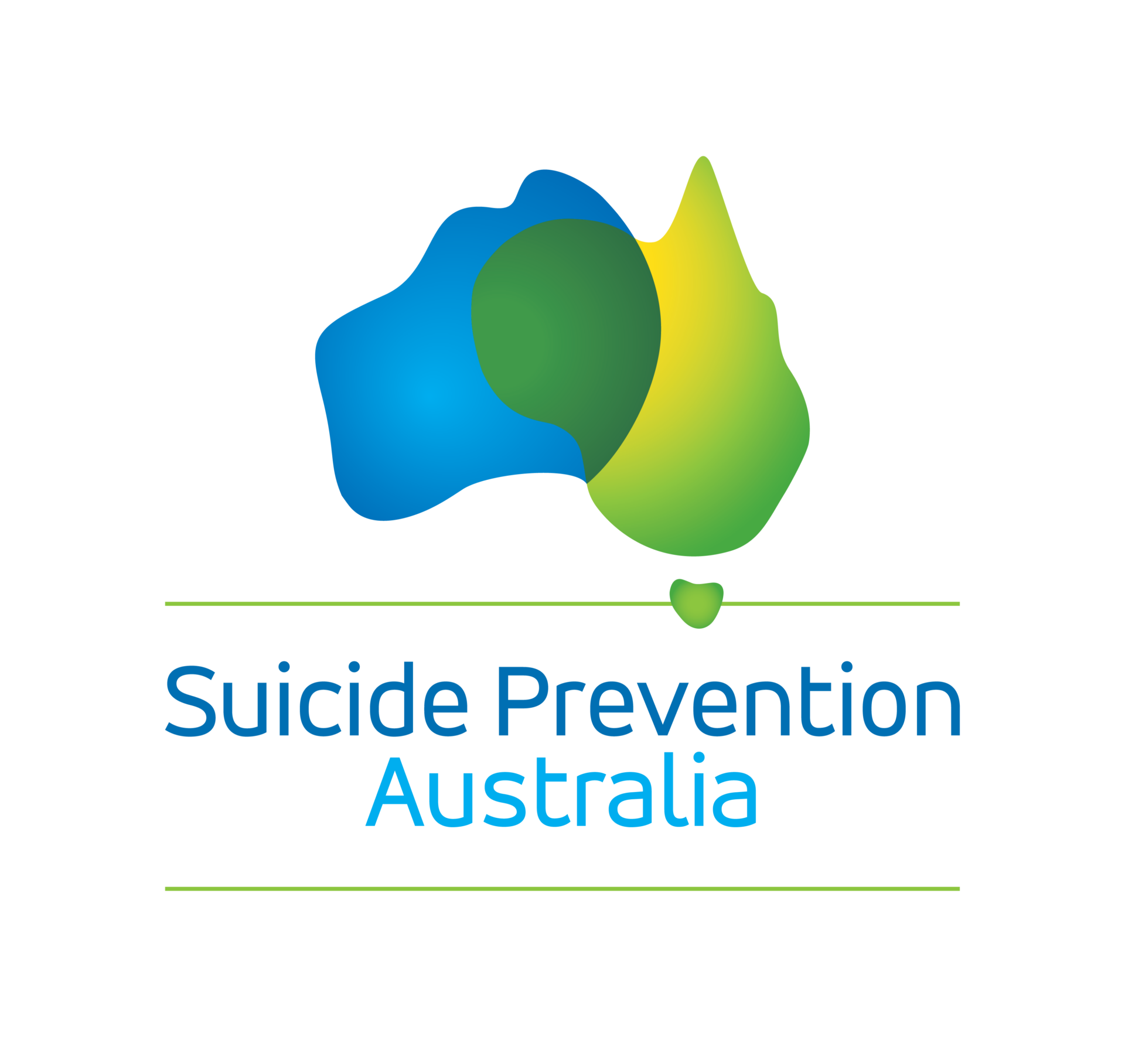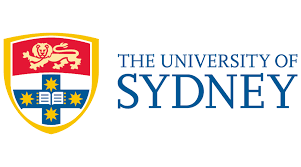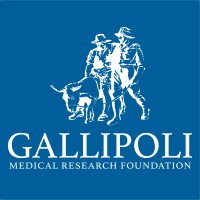People will have varying levels of interest in engaging in research ranging from participating in research surveys and interviews; reviewing and analysing research data or being involved as a guest or client investigator. There are also roles within research institutions for designated lived experience researchers.
To support the development of skills and capability of people to bring their lived experience to research opportunities, Roses in the Ocean established the ‘LE in Research’ project with a collaborative working group comprising of Uni of Melbourne, ANU, AISRAP, and Black Dog Institute to contribute their research expertise and resources.
Project phases:
- Scoping internationally of relevant existing resources (complete)
- Comprehensive matrix of recommended skills and knowledge developed relevant for three different phases of engagement in research for people with LE of suicide – Phase 1: participation in research Phase 2: early stage (year 1) LE Researcher Phase 3: Year 2-3 LE Researcher (complete)
- Development of ‘LE in Research’ page on Roses in the Ocean’s website
- Comprehensive bank of existing, adapted and newly developed resources mapped to the skills matrix (articles, video, podcasts, training materials)
- Access to leading suicide prevention researchers through webinar series
- Establishment of a ‘LE in Research’ Community of Practice
Below you will find the current lived experience opportunities and research projects available through Roses in the Ocean, as well as historic research projects involving people with a lived experience of suicide.
Are you ready to be involved in research suicide prevention? Read our information pdf here.
Current Research Opportunities

What: The University of Melbourne – Centre for Mental Health (School of Population and Global Health) are looking for working adults with a lived experience of suicidality at work to take part in a study to help understand disclosure of suicidality at work. A lived experience of suicidality at work simply means that you have personally experienced suicidal thoughts or survived a suicide attempt while at work.
Where: Australia-wide (online interviews)
Past Research Opportunities

What: Researchers at Université Laval are conducting a research project on people’s lived experiences of suicide within a broader project that examines scientific explanations of suicide risk. The purpose of the research is to explore whether people’s lived experiences of suicide are similar to or different from the ways in which scientists or clinicians portray these experiences.
Where: Online (Australia-wide)
What: Have you ever supported someone close to you through a time of suicidal distress? Would you like a chance to talk about this in a group of similar people? Would you like to contribute to research to help improve experiences of help-seeking in rural and remote NSW?
Where: Western NSW
What: Tell your story to people who matter through photographs at a public exhibition. You are invited to participate in a Photovoice research project called “Exploring Experiences of Help-Seeking for Suicidal Distress in Rural and Remote NSW”.
Where: Western NSW
What: Do you work in a role that provides care or support to other people? Have you supported someone through your work who has experienced suicidal distress? Are you interested in participating in a research project to help improve experiences of help-seeking in Rural and Remote NSW?
Where: Rural and remote NSW
What: Each year it is estimated that over 800,000 people die by suicide worldwide and there is a need for research into what helps people defend against suicidal thoughts and behaviours. This 2-year project explores risk and protective factors for suicide in the community. The project aims to better understand how protective factors (e.g., social support, meaning in life) can be used for suicide prevention and intervention from lived experience perspectives. It is hoped that this project will help contribute to the development of research in the area of suicide protection.
Where: Australia-wide (online)
Expressions of Interest to be involved have now closed.
What: This research is being conducted to gain a better understanding into the movement from suicidal thoughts to suicide attempt. There’s simply not sufficient understanding of this movement because the very people who can teach us about this movement are often overlooked due to various reasons.
If you have a lived experience of suicidal thoughts and/or suicide attempts, please consider taking part in this innovative study that requires you to complete four brief 30-second surveys a day for two weeks. You will be compensated for your time.
Where: Australia-wide (online study)
What: Researchers at The University of Sydney invite you to take part in a study on experiences of help-seeking for suicidal distress in rural and remote NSW.
This study aims to explore what it is like for people to seek support for suicidal distress in rural/remote NSW. This includes seeking help “formally” e.g. through hospitals, community mental health, psychologists/counsellors, but also “informal” supports such as with friends, family, religious and community groups.
Where: Australia-wide (online study)
What: Use of antidepressant medicines may be an important component of treatment for mental health conditions and prevention of suicide. However, use of these medicines needs to follow medical guidelines in order for their use to be optimal. Our study aims to uncover what typical use of antidepressants medicines looks like at a population level, to determine what components of treatment with antidepressants is protective against suicide and suicidal behaviour and to explore the role of pharmacists to optimise monitoring of mental health and suicidality for people whilst using antidepressants.
Researchers from The University of Sydney and The University of Western Australia would like to gain insight from people with lived experience of suicide and suicidal behaviour and use of antidepressants on their view points on the research proposal. We are specifically interested in perceptions of the aims, scope and potential outcomes of the project.
What: This study is being conducted as part of a Bachelor of Psychology (Honours) degree. It is looking at how people with lived experience of suicidal thoughts and behaviours use the Internet and/or social media. The purpose is to gain a greater understanding about who uses and does not use the Internet and/or social media for suicide-related reasons.
Where: Australia-wide (online study)
What: Currently partnered with MATES in Construction (MIC), This is a Conversation Starter (TIACS) and Roses in the Ocean, this research study will investigate how the suicide of a construction worker impacts an individual and an organisation. The project defines impact as being financial, economic, productivity, quality and reputation.
Where: Australia-wide (online)
What: The University of Melbourne and Suicide Prevention Australia are seeking the input of our Lived Experience Collective members on future research priorities in suicide prevention.
What: We are looking for participants bereaved by suicide across at least two generations in their family to take part in this research project conducted by the The University of Edinburgh. At least one needs to have happened within your lifetime.
This study aims to explore the stories we tell about our experiences of intergenerational suicide in our families. There is evidence to suggest that suicide runs in families across generations. Rather than researching underlying causes, this study explores what happens when suicide does run in families. How do we talk about it? How do we not? The study is also interested in getting beyond the well-rehearsed versions of our stories, to explore the things that may remain unspoken or out of awareness.
Where: Australia-wide (online)
What: Participants needed to develop guidelines for involving young people with a lived experience of suicide and/or self-harm in suicide prevention research for Centre for Youth Mental Health (Orygen).
What’s the study about?
Involving young people with a lived experience of suicide and/or self-harm in suicide prevention research helps to make sure that interventions and services developed from the research are youth-friendly and relevant to the real-life experience of young people.
However, a lack of knowledge about how to support and work with young people with lived experience prevents many suicide prevention researchers from involving young people as partners in their work, even though research tells us that it is safe to include young people as participants and partners in suicide research.
Where: Australia-wide (online survey)
What: The University of Melbourne are looking for people with lived experience of suicide to take part in a study to help us develop guidelines on collaboration between people with lived experience and suicide researchers in designing and conducting suicide research in Australia.
Where: Australia-wide (online study)
What: Are you an ex-serving Defence member who has had contact with Queensland emergency services during a suicide crisis?
OR
Are you a family member of an ex-serving Defence member who has had contact with Queensland emergency services during the veteran’s suicide crisis?
The Gallipoli Medical Research Foundation (GMRF) aims to explore the lived experiences of ex-serving Defence members who have been involved in a suicide-related call to emergency services, in addition to examining the experiences of their family and emergency services.
Where: Australia-wide (online study)






